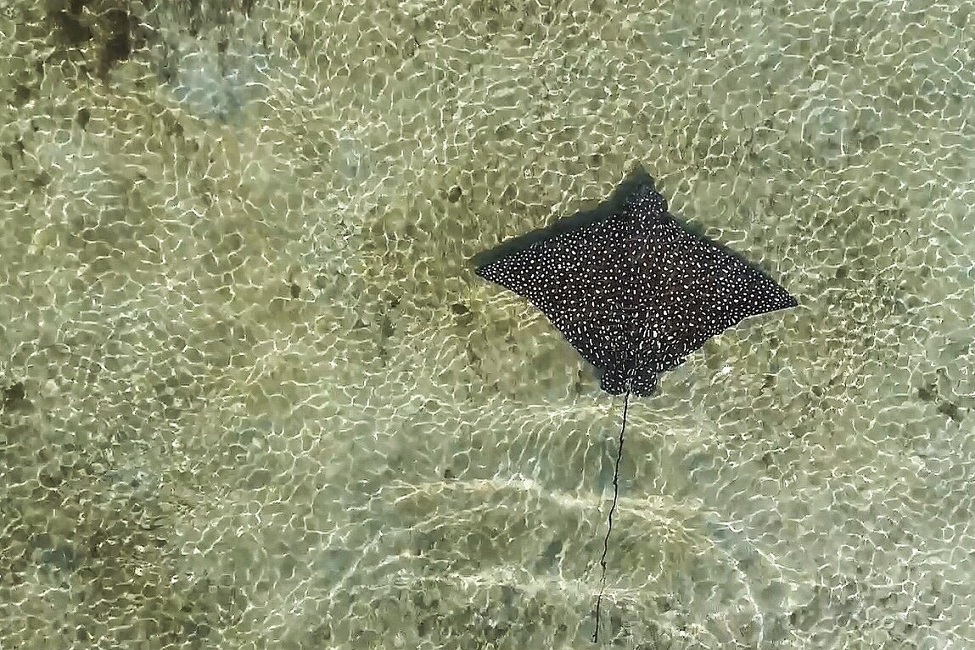
Study Provides Unique Glimpse into Whitespotted Eagle Rays' Behavior
Using biotelemetry, FAU Harbor Branch researchers are the first to characterize the ecology and fine-scale habitat use of "near threatened" whitespotted eagle rays in Florida.
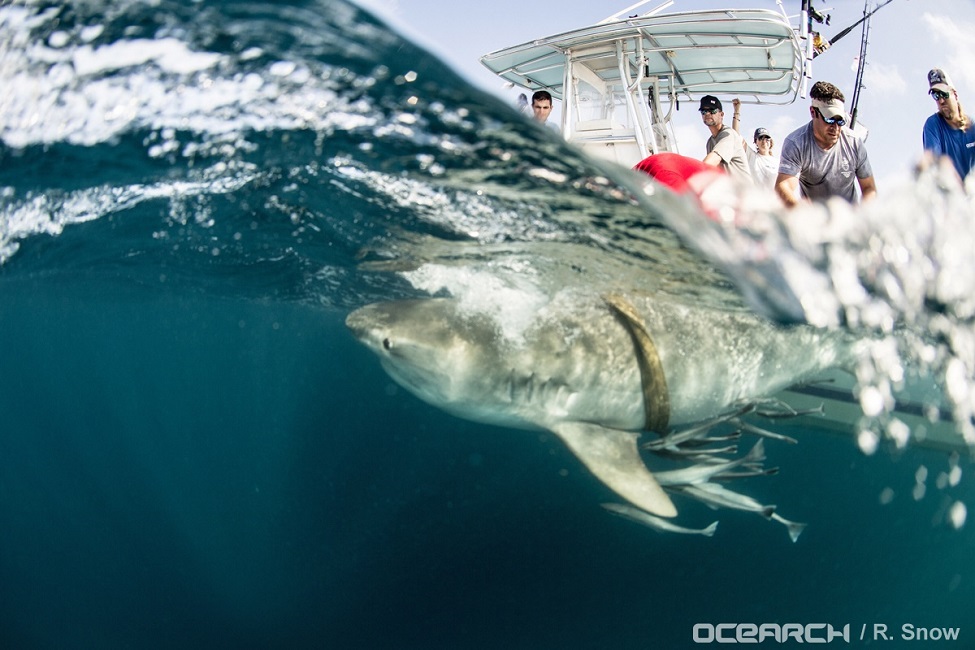
Study First to Show Tiger Sharks' Travels and Desired Hangouts
Using satellite telemetry, a groundbreaking study by Matt Ajemian, Ph.D., FAU's Harbor Branch, and collaborators, documents the core habitat use of tiger sharks in the Gulf of Mexico.
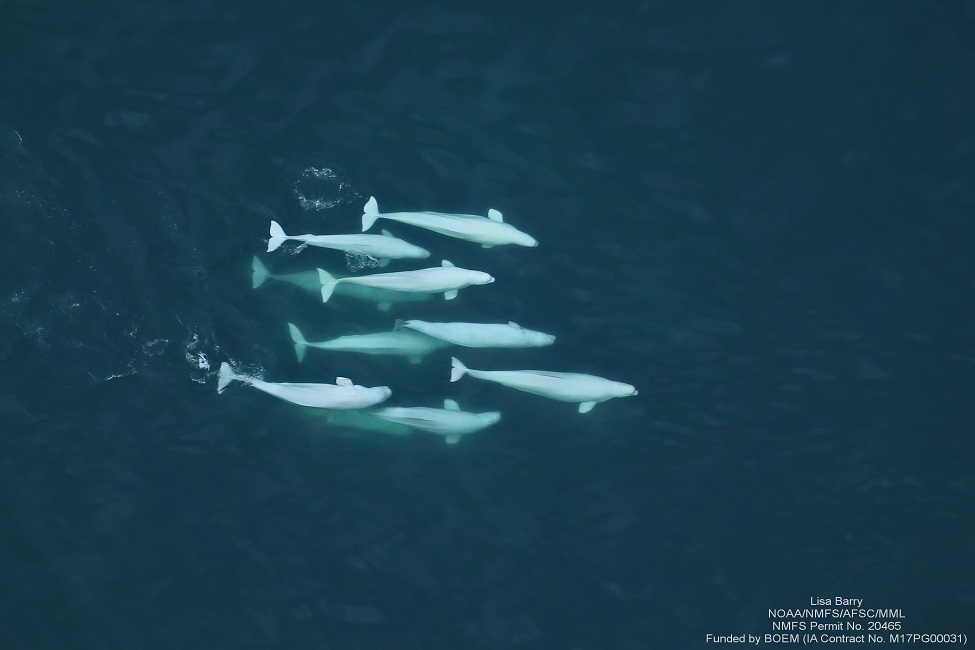
Like Humans, Beluga Whales Form Social Networks Beyond Family Ties
A researcher from FAU's Harbor Branch and collaborators are the first to uncover the role kinship plays in complex groupings and relationships of beluga whales in 10 locations across the Arctic.
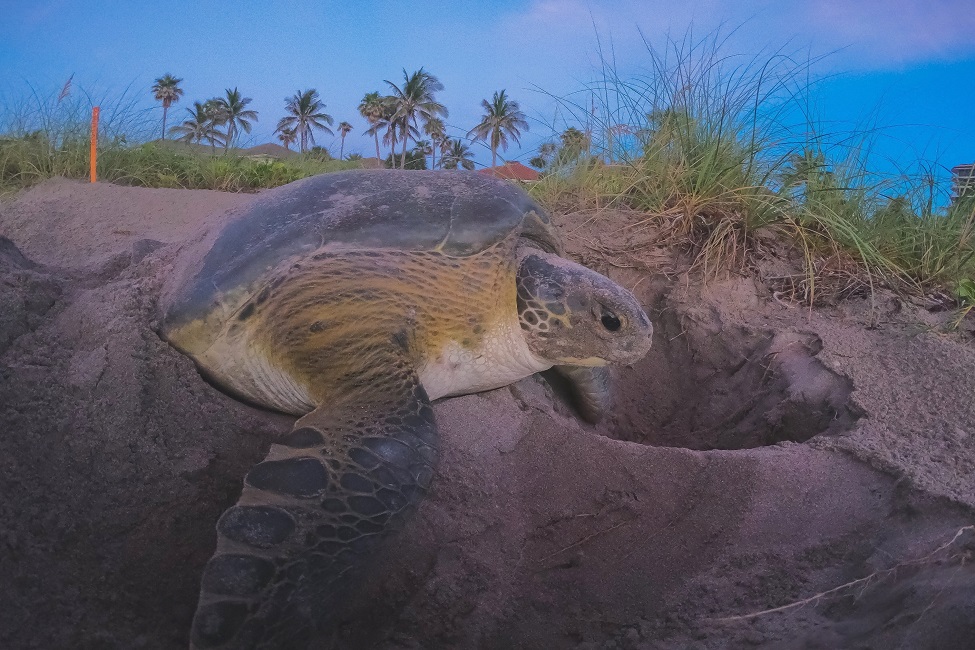
World's Most Comprehensive Health Analysis of Nesting Sea Turtles
A study by FAU's Harbor Branch and collaborators provides critical insights for sea turtle conservation and population recovery, which are especially timely as the world observes "Sea Turtle Day."
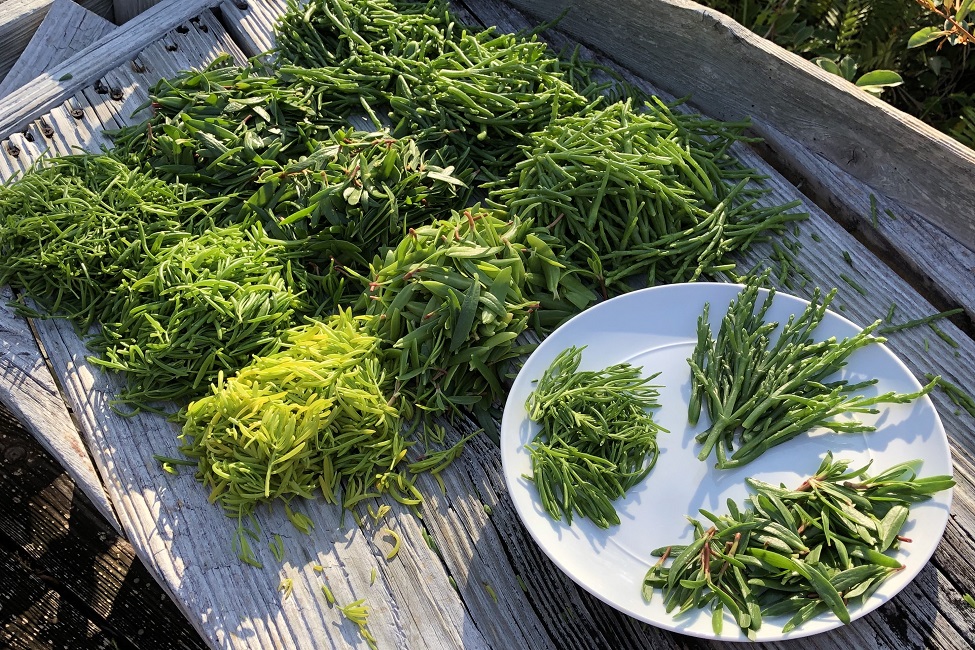
Could These 'Salt-loving' Edible Sea Vegetables be the New Kale?
Skip the salt! FAU Harbor Branch researchers have just completed a 10-week study to determine the optimal growing conditions for three species of sea vegetables: sea asparagus, sea purslane and saltwort.
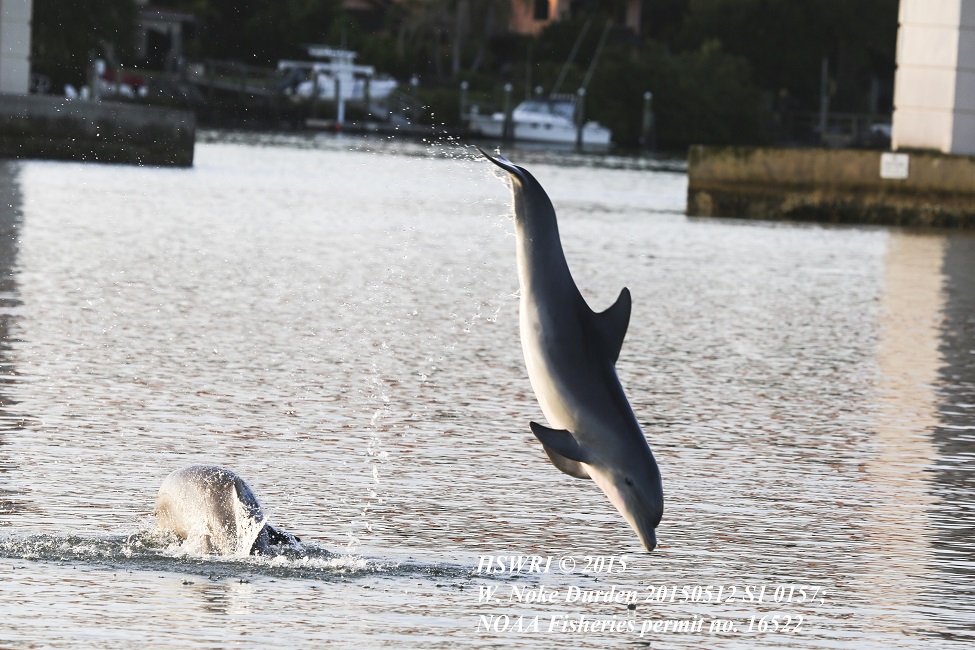
Good Night? Satellite Data Uncovers Dolphins on the Move at Nighttime
Using satellite telemetry, a scientist from FAU's Harbor Branch and collaborators provide the first documentation of the whereabouts of bottlenose dolphins from the Indian River Lagoon at night.
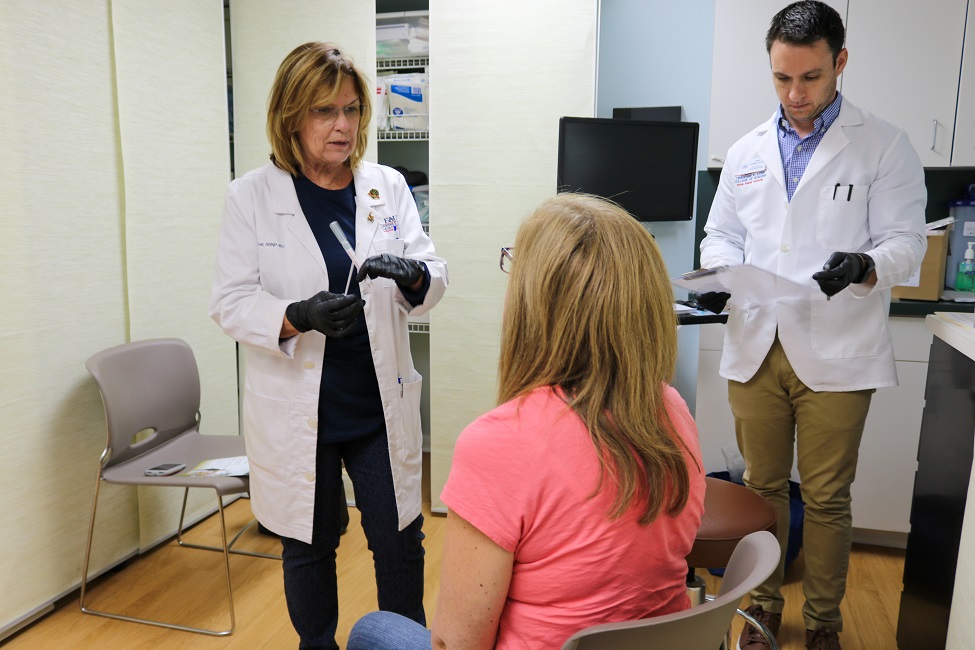
The Nose Knows: Study Establishes Airborne Exposure to Microcystins
A study explored the link between human nasal and environmental microcystin concentrations from harmful algal blooms and detected the toxin in the nasal passages of 95 percent of the participants.
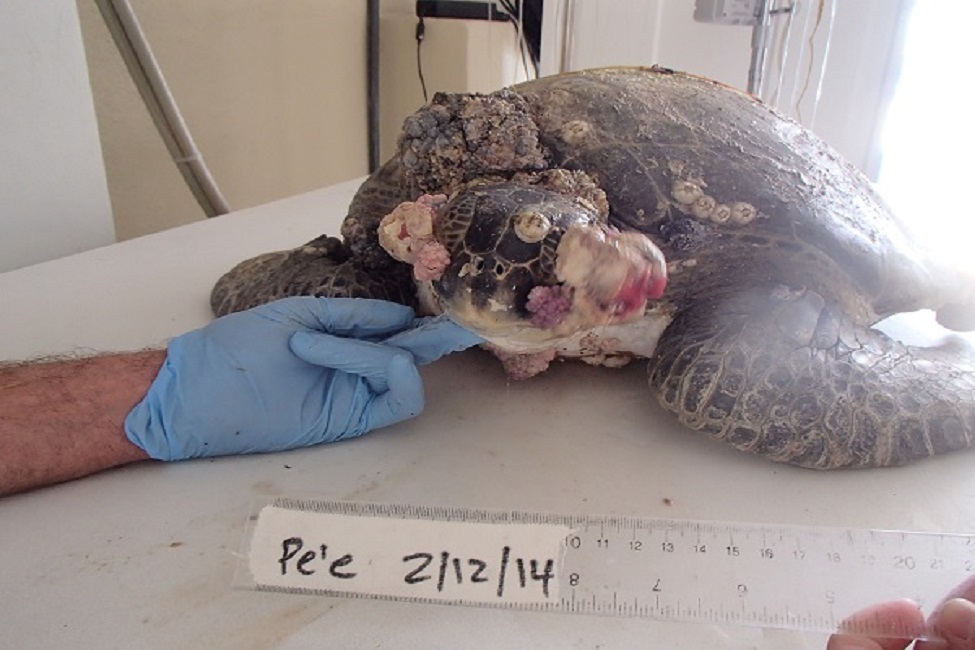
Most Rehabilitating Sea Turtles with Infectious Tumors Don't Survive
FAU Harbor Branch researchers examined survival rates of green sea turtles with fibropapillomatosis in rehab facilities in the southeastern U.S. and found that 75 percent did not survive.
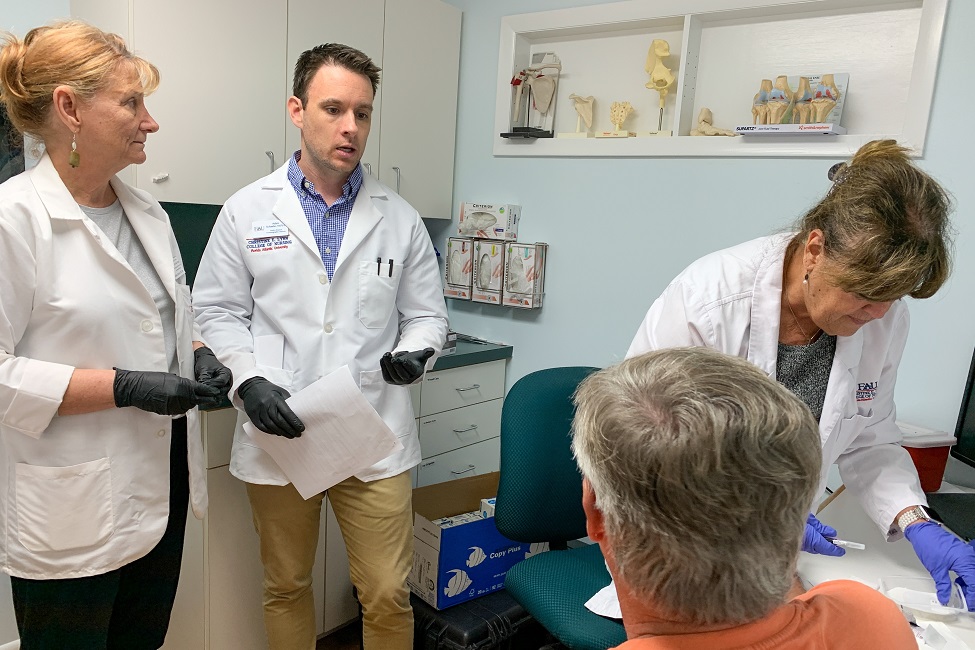
New Test Detects Harmful Algal Blooms Toxin Exposure in Human Urine
FAU's Harbor Branch collaborated with the U.S. Centers for Disease Control and Prevention to test a newly developed method that can detect even low-dose human exposure to harmful algal blooms in human urine.
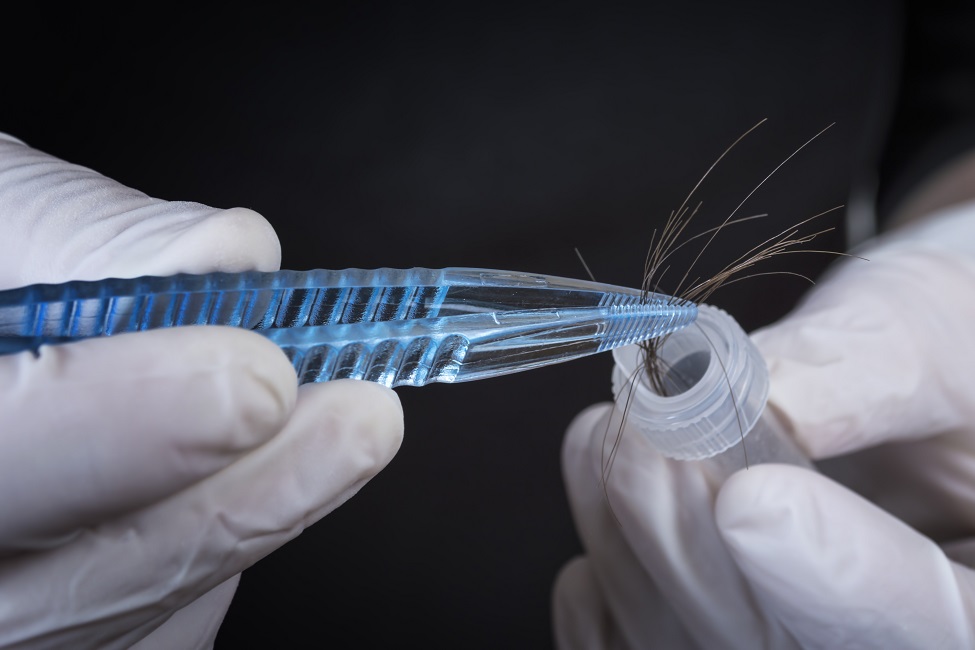
Study Examines Fish Consumption and Mercury Exposure in Pregnant Women
A study by FAU's Harbor Branch Oceanographic Institute evaluated fish consumption, sources, risk, knowledge and hair mercury concentrations in pregnant women in coastal Florida.